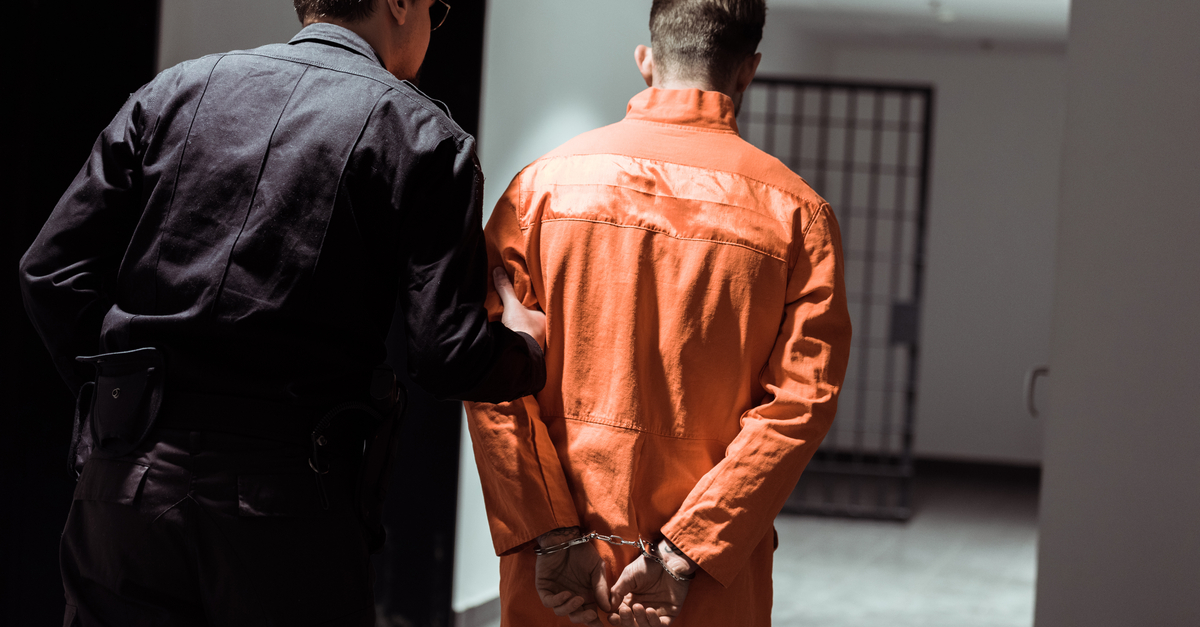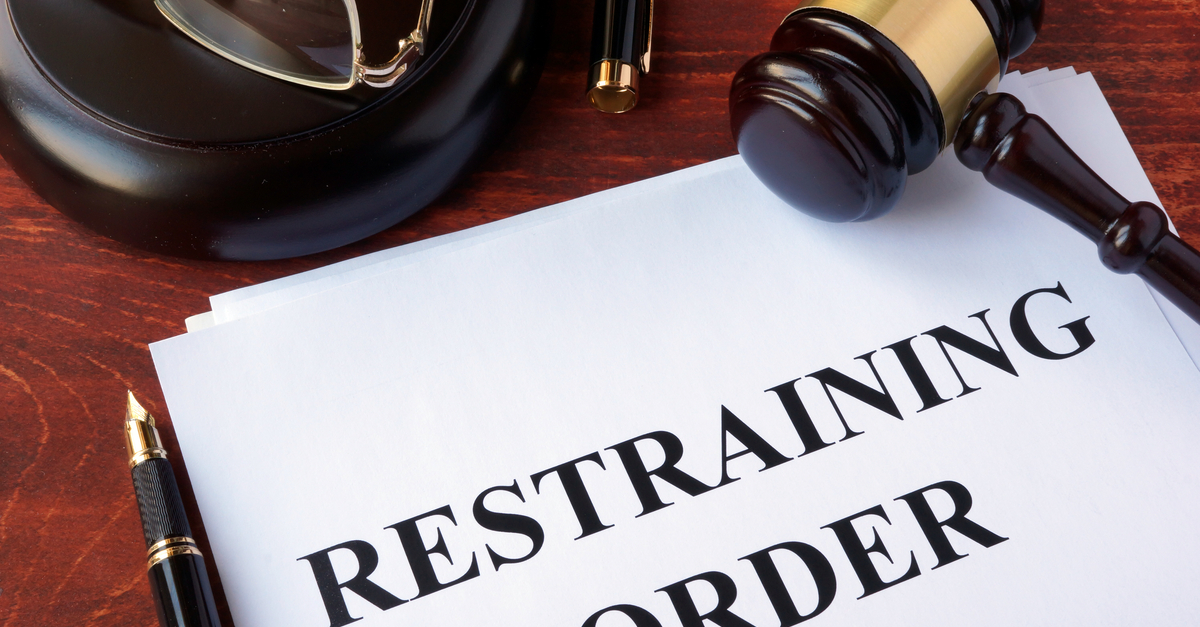Category: Domestic Violence
New Jersey takes domestic violence very seriously. A domestic violence conviction can result in lengthy prison sentences, fines, probation, and a ban on firearm purchases. These convictions will also show up on a permanent record and can be visible on background checks. The victim can also sue the…
New Jersey’s Prevention of Domestic Violence Act (PDVA) is a sweeping state law that defines domestic violence as committing one or more of 19 criminal offenses upon a person who is involved in or has had a relationship with the alleged perpetrator. Offenses under the law include crimes of violence…
An alleged victim of domestic violence may obtain a restraining order against another person who has threatened harm or caused some type of harm. Restraining orders, also known as protective orders, typically prohibit contact between the defendant and the alleged victim. The alleged victim of an assault or…
Domestic violence is taken incredibly seriously under New Jersey law. Police must respond to all domestic violence calls made by a victim or a bystander. Police must also arrest the person accused of abuse if physical injury or violation of an existing restraining order is involved, and officers…
When a person is arrested, the police are supposed to read them their rights as a person facing criminal allegations. This reading, sometimes known as a Miranda warning or a reading of the Miranda rights, is a basic part of most arrests and is required in many cases….
With a multitude of internet resources and books available regarding how the law works, many people believe that they are capable of handling their own defense if charged with a crime. However, even minor criminal convictions can have significantly greater effects than a person may first realize. Additionally,…
The basic process of a criminal case begins with a defendant being arrested and charged with committing a crime. The government is responsible for proving that there is irrefutable reason to believe that the defendant committed the crime. The following process then takes place: Bail hearing – The…





